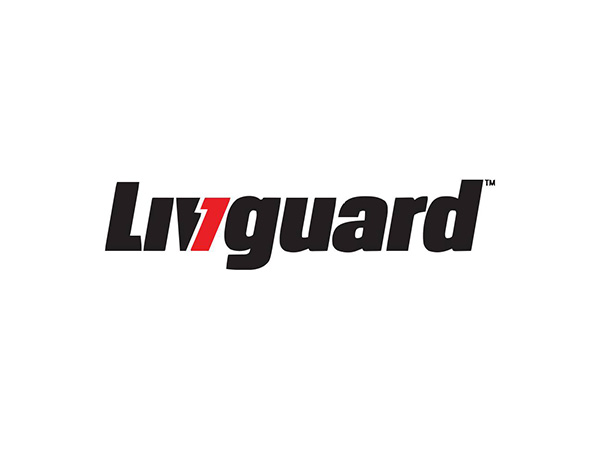Growing influence of Islamists in Bangladesh eroding its secular culture: Report
May 24, 2021

Dhaka [Bangladesh], May 24 : Bangladesh, world's third largest Muslim country, which was swept by a wave of Islamic militancy from 1999 to 2005, has seen an increase in terrorist activity in recent years, including attacks on foreigners, activists and religious minorities.
In an opinion piece in Global Watch Analysis, Roland Jacquard, Chairman of Roland Jacquard Global Security Consulting (RJGSC), said that in March 2021, violent demonstrations in Bangladesh, reportedly by activists of Hefazat-e-lslam (Hel), lead to deaths of four during the recent 50th anniversary celebrations of the country.
On March 26, 1971, Bangladesh was proclaimed as an independent nation by Bangabandhu Sheikh Mujibur Rahman and this led to Bangladesh Liberation War when a guerilla war ensued between Pakistan and Bangladesh liberation forces with Indian support.
"The Hel was formed in 2010 following a move by Prime Minister Sheikh Hasina's government to abolish religious-based politics and the madrassa/religious school education in the country. In 2013, the party took up the issue of blasphemy and in a 13-point list of demands, it called for death penalty for anyone committing blasphemy. The group also asked for an end to Bangladesh's education policy, which in its view prioritized "secular" subjects like science and maths over religious studies, and called for compulsory Islamic education," Jacquard said.
His remarks come after Bangladesh made headlines, last October, when thousands of protestors came out to the streets in Dhaka to protest against France. The protesters, around 50,000 in number, were demanding the closure of the French embassy in the country. A dummy of French President Emmanuel Macron was also burnt during the protest with Junaid Babunagari, the Secretary-General of Hefazat-e-lslam - one of the biggest Islamist groups in the country - stating that "Emmanuel Macron should beg for forgiveness."
"Like the Tehreek-e-Labbaik Pakistan (TLP) in Pakistan, the Hel is also an influential group with a large support base in Bangladesh. However, unlike the Pakistani political party, it has tactically not declared itself as a political party, even though its influence has been all-pervading and has threatened to dilute the historically moderate nature of Islam in Bangladesh," he said.
He further mentioned that in 1979, the commitment to secularism was removed from the preamble of Bangladesh's constitution and in 1988 Islam was made the official state religion. This comes after the assassination of the country's founding father Sheikh Mujibur Rahman in 1975 and increasing control of the military.
Jacquard asserted that gradual rise in the influence of Islamist forces from 1975 onwards was reflected in the increase in the number of religious Islamic schools or madrassa in the country. While in 1975 the country had 1830 approved madrassas, the number grew to 5793 in 1990. The military rulers of the country during this period, viz. General Ziaur Rahman and General H M Ershad, brought Islamists into the political mainstream and removed 'socialism' and 'secularism' as two of the 'pillars' of Bangladesh's Constitution.
"From 2001 to 2008, two jihadi groups, Jamaat-ul-Mujhideen Bangladesh (JMB) and Harkat-ul-Jihad-al-lslami (HUJI) had a free run in Bangladesh. Religious minorities and political opponents, including then opposition party leader and current Prime Minister of Bangladesh Sheikh Hasina were targeted," he said, adding that the former prime minister Khaleda Zia government initially even denied the very existence of these groups, till there was an outcry in the local and international media and the US State Department threatened with economic sanctions.
Jacquard further stated that "when Sheikh Hasina's Awami League government was voted to power in the 2008 elections and the concept of 'secularism' was restored in the Bangladesh Constitution, the country continued as an Islamic Republic. This was largely because the ruling government probably understood that though the Islamists did not win votes in elections, they exerted considerable influence in the social and cultural arena and in education, besides running a chain of 'Islamic' banks."
"In today's Bangladesh, there is another influential group who are aspiring to shape society according to their interpretation of what constitutes "pure" Islam: the Mullah or the Preacher," Jacquard said, adding that these Islamist groups and preachers, many funded by Saudi Arabia, attempt to change the religious character of Islam in Bangladesh, eroding its secular culture, even the constitutional concept that guarantees the separation of religion and the State, has started to be projected as anti-Islam by them.
"With secular political parties like the Awami League forced to depend on the support of Islamists during Parliamentary and local body elections, it will take an extremely strong resolve on the part of secular Bangladeshi political groups and civil society to prevent the country from being overrun by Islamists and their ideology," he added.



















